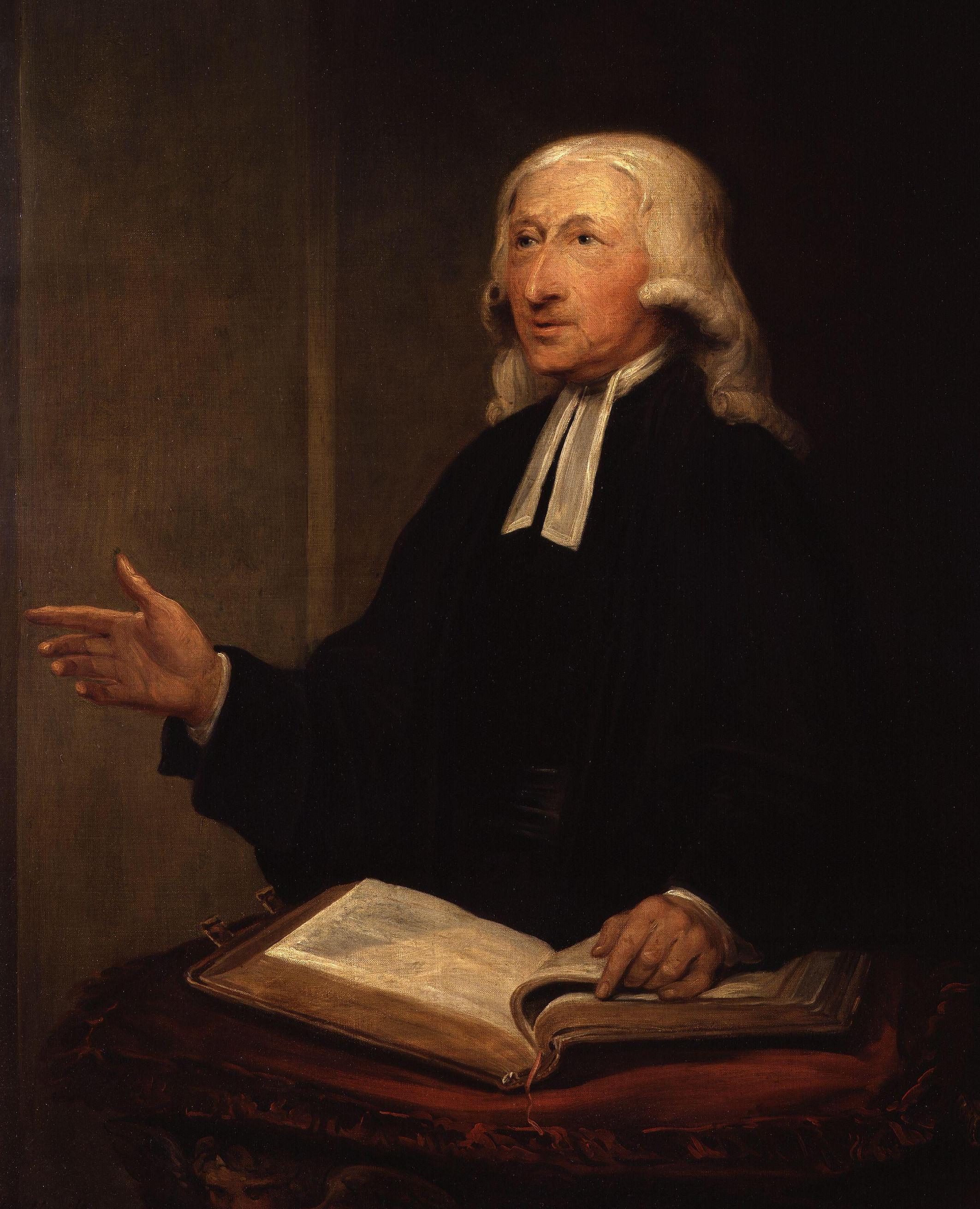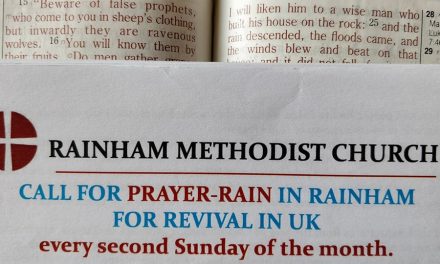The missional purpose of Matthew’s word pictures in our Gospel reading is to encourage believers to change their world (Matt. 5). When the church is not changing the world through the power of the Holy Spirit, the world is changing the church. There is no neutral ground. When the church fails to contend for the faith from the rainfall of other ideas and ideologies, there will be a mixture, a dilution, and a redefinition of the Truth shaped by many other ideologies. You cannot be a true church without clear-cut loyalty to Jesus and what the Word of God stands for. You cannot be a true church if you are ashamed to proclaim Jesus as Lord and Saviour. You cannot be a true church if you deny on Monday what you profess and teach on Sunday. You cannot be a true church if you love power more than prayer. You cannot be a true church if you prefer gold more than God. You cannot be a true church if you prefer treasure to Truth. You cannot be a true church if you prefer success to surrender and salvation (Luke. 14). The sad news is that the church has never been destroyed from the outside. Ask Constantine! Ask Judas Iscariot! Using an African proverb, ‘the insect that is eating the vegetable is right on it.’ His Pre-Eminence Professor Bolaji Idowu, the pioneer Patriarch Methodist Church Nigeria, said, “Of all the adversaries with which the Church has ever had to contend, the most formidable is the adversary of her inner weakness.”
Jesus explained in two-word pictures the impact a genuinely righteous person will have on his or her world. The entire Sermon on the Mount, including the Beatitudes before and the many teachings after, shows us how to live as “salt and light” in the world as representatives of another kingdom. However, missing the critical missional principle in Jesus’ salt and light metaphors is possible. Salt is not just connected with purity, ‘its glistening whiteness made the connection easy.’
Just as natural salt, which purifies, cleanses, and preserves from corruption, believers are to have heavenly and holy impacts on ‘society because they are different (not weird but distinct) from the Kingdom of this World. When salt and Light try to accommodate to or conform to the Kingdom of this World, they lose their distinctiveness and their potential to impact the decay and the darkness of this world which is passing away’ (Lk 14:34). The church conformity with the world amounts its decline and decay. Church and political history prove that our world not only continually tends toward decay, not divinity, but also forces the church towards decay and decline. The Gospel reading calls the believers who are the decay retardants and preservatives of a divided and disintegrated world to be on the duty post of mission and evangelism.
Just as salt arrests decay in meat or fish, ‘the influence of Christian character is to halt the downward spiral of the world and help to stem the natural degeneration that occurs in the world’s rebellion against God.’ We are in a time and culture where church moral influence is now compromised with the world around us. Christianity has gone underground in an age where our closest contacts are neutral about Jesus Christ. John Stott said, “And when society does go bad, we Christians throw our hands in pious horror and reproach the non-Christian world; but should we not rather reproach ourselves? One can hardly blame unsalted meat for going bad. It cannot do anything else. The real question to ask is: where is the salt?”
As the faithful followers of Jesus, the salt is to resist moral corruption and decay, preserving a godly influence on the culture. The presence of salt as the faithful followers of Jesus has healing properties, creating holy thirst through good examples. The absence of salt that is faithful followers of Jesus Christ makes the church and world give in to the ungodly society’s ways and values. Just as salt is needed because the church and the world are rotting and decaying, Light is needed because the church and the world are in darkness. Christianity that imitates decay and darkness has nothing to show the world. Missional attitudes called the beatitudes are not lived in isolation but to be lived out before the world. Just as the humble Galileans, the Wesley, and others salt the earth and light the world, we are not called to do less today. The Truth is that we are either fulfilling or failing that responsibility.
Is the church influencing the world, or is the world influencing the church today? To be salt, a true believer is not tea and bread. The world will not accept the church as salt but as saltless, redefining and trashing its doctrines and beliefs. As salt, we are not only transformed from being part of the world’s darkness, but we also become living and holy influences. As salt, believers should not accept ‘overt, godless, immoral, sinful behaviour as a norm.’ We contend for the true salt faith that retard moral and theological degeneration and decline. Society’s only preservative is the church, raised and called to influence the world and not be influenced by it. Just as salt retards corruption, Light displays the Truth. Hence, we must be salt in our character and Light in our message. The church is commissioned to go into the world not to preach sociology but salvation, not economics but evangelism, redemption, not reform, conversion, not culture, new birth, and not the new social order, Christ and not civilization. The church is called to be ambassadors and not diplomats.
The danger in Jesus’ message is about the salt losing its saltiness and Light being put under a basket. As salt, true believers can lose their distinctiveness. Using the words of John Wesley, when we depart from the doctrine and missional distinctive, we first set out. Salt absorbed sinful humidity and eventually evaporated, leaving behind a substance that looked like salt but did not taste like it. The story of Lot in sinful Sodom tells us how salt can lose its saltiness. Lot lost taste, value, and identity. He no longer sees himself as a missionary to the sinful cities to bring them to repentance and turn them to God. Instead, he was thinking and preoccupied with how the cities could benefit him. In Genesis, Lot already takes residence in Sodom and is attracted to a city with moral decadence and ungodliness. Have you lost your saltiness? God calls you to humble yourself, repent, and ask Him for renewal and empowerment.











A brilliant message about the state of Christianity in our present world
Thanks mum. Hope you enjoyed your 71st birthday.